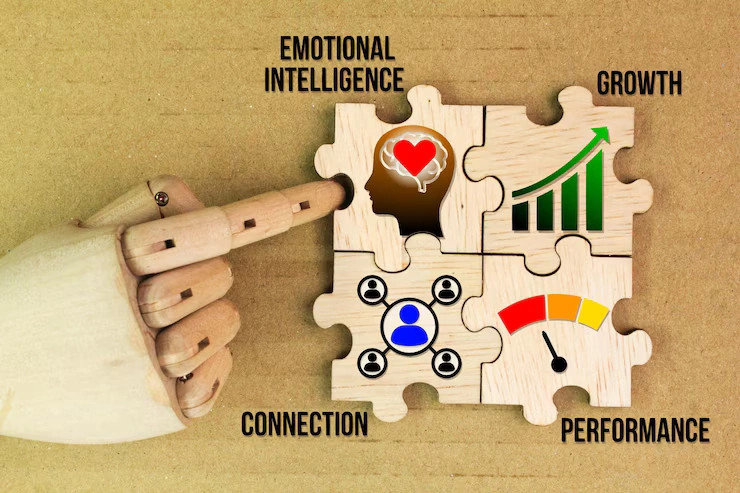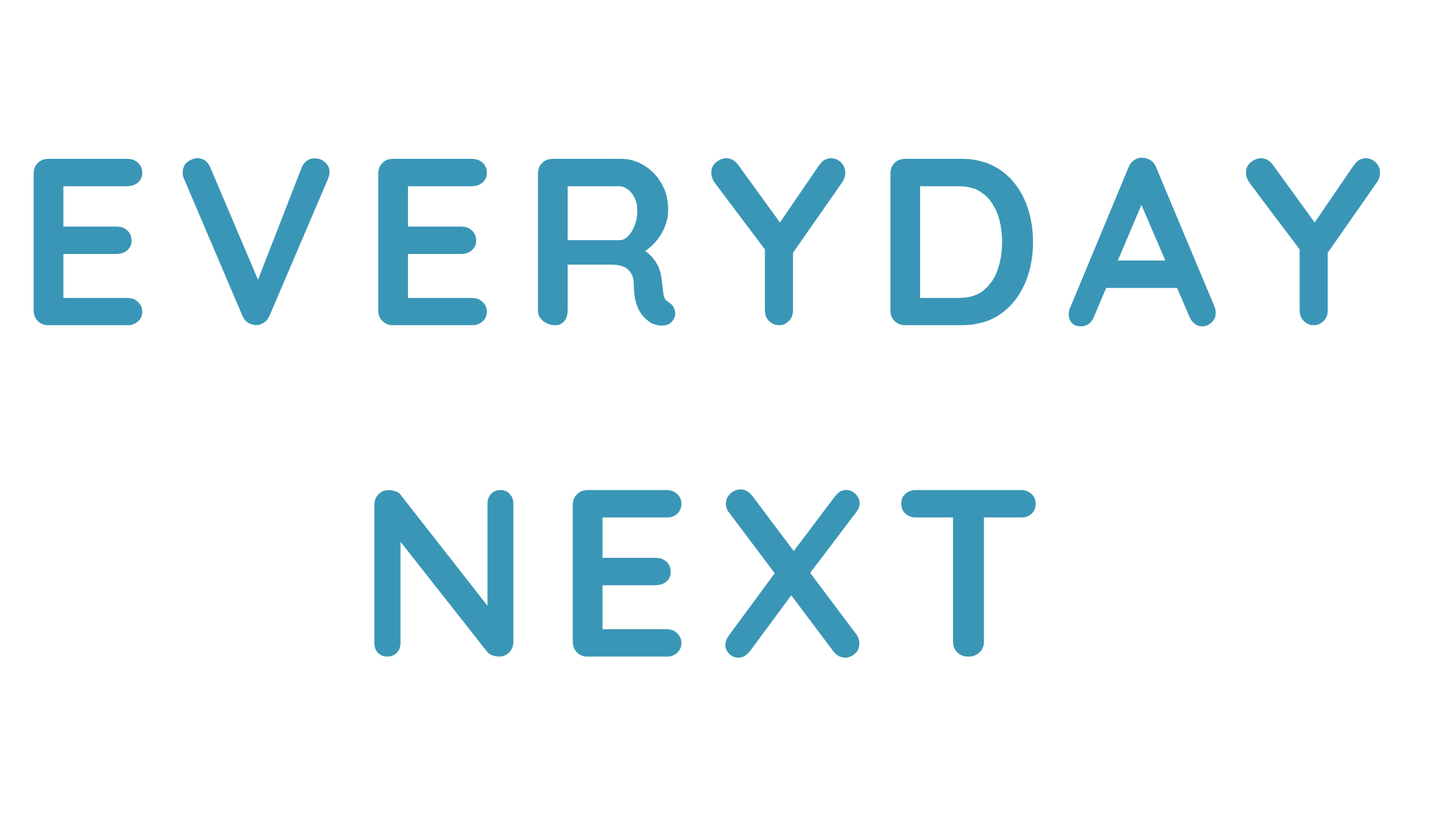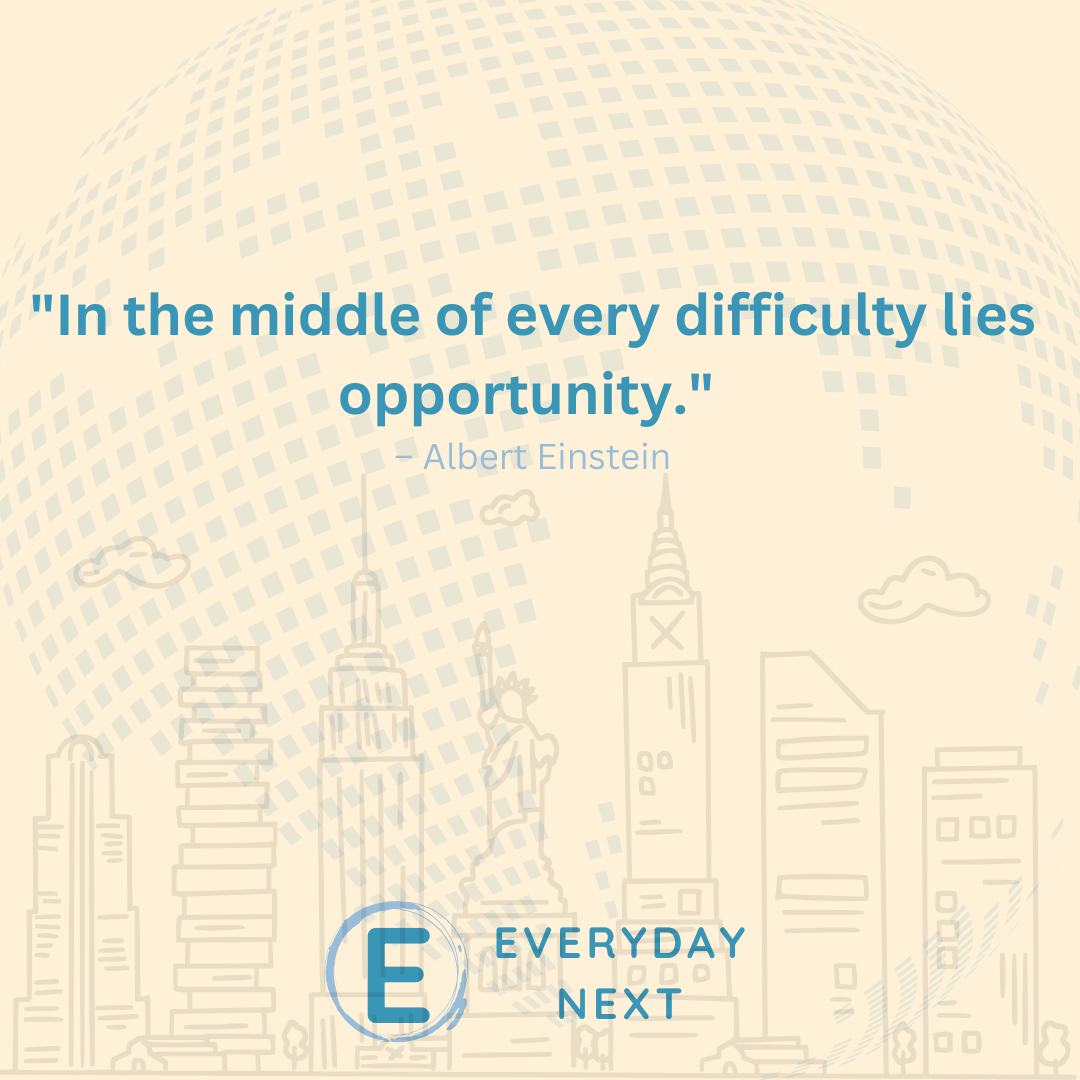
Mastering Emotional Intelligence: The Key to Stress-Free Success
In today’s fast-paced world, technical skills alone are not enough for long-term success. To truly thrive, personally and professionally, you need Strong Emotional Intelligence. This key quality helps people understand emotions, manage stress, and build better relationships. Mastering emotional intelligence doesn’t just lead to better communication; it can also create a calmer, more focused mindset. In 2025, as work environments become more dynamic and digital, emotional insight is becoming one of the most sought-after soft skills.
What Is Emotional Intelligence?
Emotional intelligence is the ability to recognize, understand, and manage your own emotions while also being aware of others’ feelings. It involves self-awareness, self-regulation, motivation, empathy, and social skills. Together, these elements form the foundation for emotional intelligence. People with high emotional intelligent are more resilient and adapt quickly to change. They remain calm under pressure and make balanced decisions. It’s not about avoiding emotions, but understanding and using them to guide actions positively. Emotional intelligent is the silent strength behind many successful leaders, team players, and problem-solvers.

Key Benefits of Developing Emotional Intelligence
Emotional intelligence brings a wide range of benefits, both personally and professionally. Some of the most impactful include:
- Improved Relationships: Emotional intelligent enhances your ability to listen, understand, and respond respectfully.
- Better Communication: You express yourself more clearly, avoiding misunderstandings.
- Reduced Stress: Understanding emotional triggers helps you stay calm in tough situations.
- Increased Empathy: You become more aware of others’ emotions and respond with compassion.
- Stronger Leadership: Emotional intelligent makes it easier to inspire and guide teams.
Each benefit contributes to a more peaceful, focused, and Stress-Free Life. Whether you’re leading a team or building a family, emotional intelligent helps create stronger, more meaningful connections.
Practical Ways to Boost Your Emotional Intelligence
You can improve emotional intelligence with practice and awareness. Start with daily reflection. Spend a few moments each day considering your emotional reactions. Ask yourself what triggered them and how you responded. Engage in active listening during conversations. This means giving full attention without interrupting, judging, or jumping to respond. Learn to pause before reacting, especially in stressful situations. Replace quick reactions with thoughtful responses. Journaling also helps track emotional patterns and personal growth. Most importantly, build empathy by placing yourself in others’ shoes. This softens your responses and improves your relationships. Over time, these practices strengthen your emotional intelligence and improve your ability to navigate challenges calmly.
Real-Life Applications of Emotional Intelligence
Understanding emotional intelligence is only useful when you apply it to real-life situations. Here are some ways it works in practice:
- At Work: Emotional intelligent improves team collaboration and conflict resolution.
- In Leadership: Leaders with high emotional intelligent build trust and boost morale.
- During Conflict: Emotionally intelligent people resolve disagreements without hostility.
- In Parenting: It helps parents stay patient and communicate better with children.
- In Friendships: Friendships deepen as you show empathy and handle emotions wisely.
With emotional intelligent, you don’t just survive the day, you manage it thoughtfully and reduce unnecessary stress.

Emotional Intelligence in Action
| Scenario | Emotionally Intelligent Response | Result |
| Criticism at work | Stay calm and seek feedback | Growth and improvement |
| Team disagreement | Listen, reflect, and mediate fairly | Better team collaboration |
| Child having a meltdown | Stay patient and validate feelings | Trust and stronger bond |
| Friend in distress | Offer empathy and support | Emotional connection deepens |
| High-pressure situation | Pause, breathe, and respond calmly | Reduced tension and clarity |
| Personal failure | Reflect and learn without judgment | Resilience and motivation |
Emotional Intelligence in the Digital Age
In today’s digital world, emotional intelligence is more important than ever. With remote work and online communication, non-verbal cues are often missed. Emails and texts can be misunderstood, leading to unnecessary tension. That’s where Emotional Insight Bridges the gap. It helps you write with clarity, read between the lines, and respond with understanding. Video meetings require attentiveness and patience. Emotionally intelligent people can manage time zones, tech issues, and online fatigue with grace. As we rely more on digital tools, emotional insight becomes a skill that supports both efficiency and emotional wellness.
Cultivating Emotional Intelligence Long-Term
Building emotional intelligence isn’t a one-time task. It’s a lifelong journey that grows with each experience. The more you practice, the more natural it becomes. Keep learning from feedback. Reflect on what went well and where you can improve. Surround yourself with emotionally intelligent people who encourage mindful behavior. Read books, attend workshops, or join coaching programs to deepen your understanding. Use every challenge as an opportunity to strengthen your emotional insight. Over time, it becomes your quiet superpower for a balanced, low-stress, and successful life.

Emotional Intelligence and Conflict Resolution
Another area where emotional intelligence plays a major role is in conflict resolution. Whether in personal or professional life, misunderstandings and disagreements are common. People with high emotional insight can manage these situations calmly and constructively. They don’t rush to defend themselves or blame others. Instead, they listen, validate the other person’s emotions, and look for solutions that respect both sides. This approach not only ends conflict faster but also strengthens relationships over time. Emotional insight turns potential arguments into Meaningful Discussions that promote trust and mutual understanding.
Conclusion
Emotional intelligence is the true key to success that lasts. It helps you stay calm, connect deeply, and lead with confidence. As the world gets more complex, emotional insight gives you the tools to handle stress, grow relationships, and make wise decisions. Whether you’re managing a team or caring for family, mastering emotional insight brings peace and power into everything you do. Begin your journey today, each step leads to a more fulfilling, stress-free future.
FAQs:
What is emotional intelligence in simple terms?
Emotional insight is the ability to understand and manage your emotions while connecting well with others.
Can emotional intelligence reduce stress?
Yes, it helps you stay calm, avoid overreacting, and manage challenges with ease.
How do I improve emotional intelligence daily?
Start by reflecting on your emotions, listening actively, and responding with empathy.
Is emotional intelligence useful in the workplace?
Absolutely. It improves teamwork, leadership, and communication.
Can emotional intelligence be learned?
Yes, with consistent practice, anyone can strengthen their emotional insight over time.










